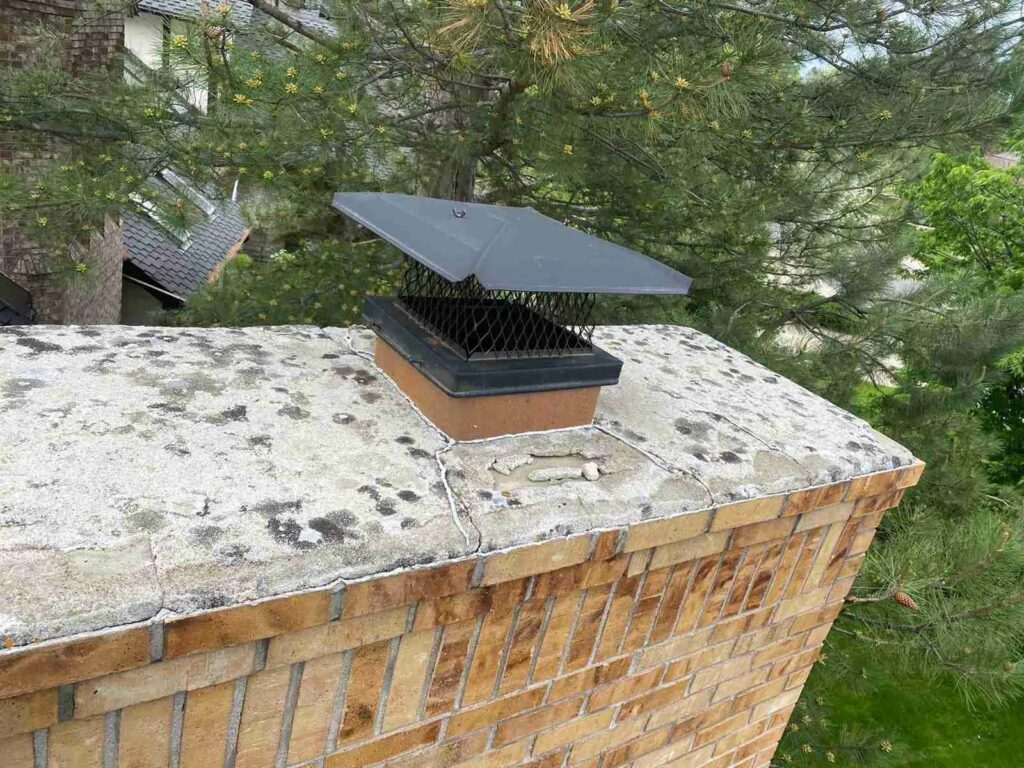A chimney sweep is someone who clears soot and ash from the inside of a chimney. The fire in a chimney creates a draught of air through the pressure difference that is created by the hot column of gas. The air passes over hot wood or coal in the chimney to provide a healthy and clean burning environment. While chimneys are usually straight, they may have many bends and changes of direction. A chimney sweep uses special equipment to clean the inside of the chimney.
A chimney sweep will start by inspecting your chimney to see what type of sweeping is needed. They use brushes, vacuum cleaners, and extension poles to thoroughly clean out the inside of your chimney. Once the job is complete, the sweep will dismantle the fireplace and clean it up with a professional vacuum. If you have a gas fire, they will also reassemble it to prevent a combustible odor.
A chimney sweep will use a brush that resembles a giant bottle brush. The tool is made of metal bristles and is heavy. The sweep will then sweep the inside of your chimney to remove soot that is causing a buildup of soot in your home. The tool is used top-down and with a shop vac. Make sure the sweeping is done in a well-ventilated space where children can’t get hurt.

Typically, chimney sweeps use a heavy metal rod with metal bristles. The tool is designed to sweep down the inside of your chimney to reduce the amount of soot inside your home. A shop vac is used in conjunction with a chimney brush to remove soot deposits in your chimney. Most of the time, the process takes about an hour and a half. Depending on the extent of the problem, minor repairs to your chimney can even be done the same day.
Once you have determined that you need a chimney sweep, you should move all furniture out of the way so that the sweep can work properly. You should also cover any rugs, carpets, and tapestries near the chimney so that they don’t get damaged. If you’re having a chimney sweep done, you should take advantage of it. The CSIA recommends that you hire a professional for this task. It does not require you to pay a fee for this service.
A chimney sweep will clean your chimney from the outside, while you are inside. A chimney sweep uses a flexible rod system to reach the top of the chimney. The sweeping process should be completed in a few hours. A thorough cleaning will require a chemical treatment and will be costly, but it is worth the investment. An inspection of your chimney is essential to ensure that the structure is safe for use. When you’ve hired a professional, he or she will be able to evaluate your chimney’s condition.
You should ask the chimney sweep to use a tool that resembles a giant bottle brush. The tool is made of metal bristles and is used to clean the inside of the chimney. When the sweep is finished, it will help decrease soot levels in your home. If you’re not comfortable with this process, it’s advisable to hire a Chimney sweep near me. A good sweep will clean the chimney safely and reduce soot levels in your home.
A good chimney sweep will have a certificate from the CSIA and will leave your home as clean as if they had never been there. A chimney sweep will be able to clean the chimney without damaging your home. A professional will also use drop cloths to protect your flooring and the rest of your home from debris and ashes. Achieve a clean chimney by hiring a professional. It’s also a good idea to have a sweep inspect your flue system if you have any problems.
Once the chimney sweep has finished cleaning your chimney, he will inspect it for any debris. If the sweep finds that a lot of combustible materials are in the chimney, he or she will use a vacuum to remove them. A thorough cleaning will increase the efficiency of your appliance and reduce your need for a chimney sweep. If you can’t afford to pay for a chimney sweep, there are other options for you. For instance, you can burn well-seasoned wood, which gives off less combustible emissions.
